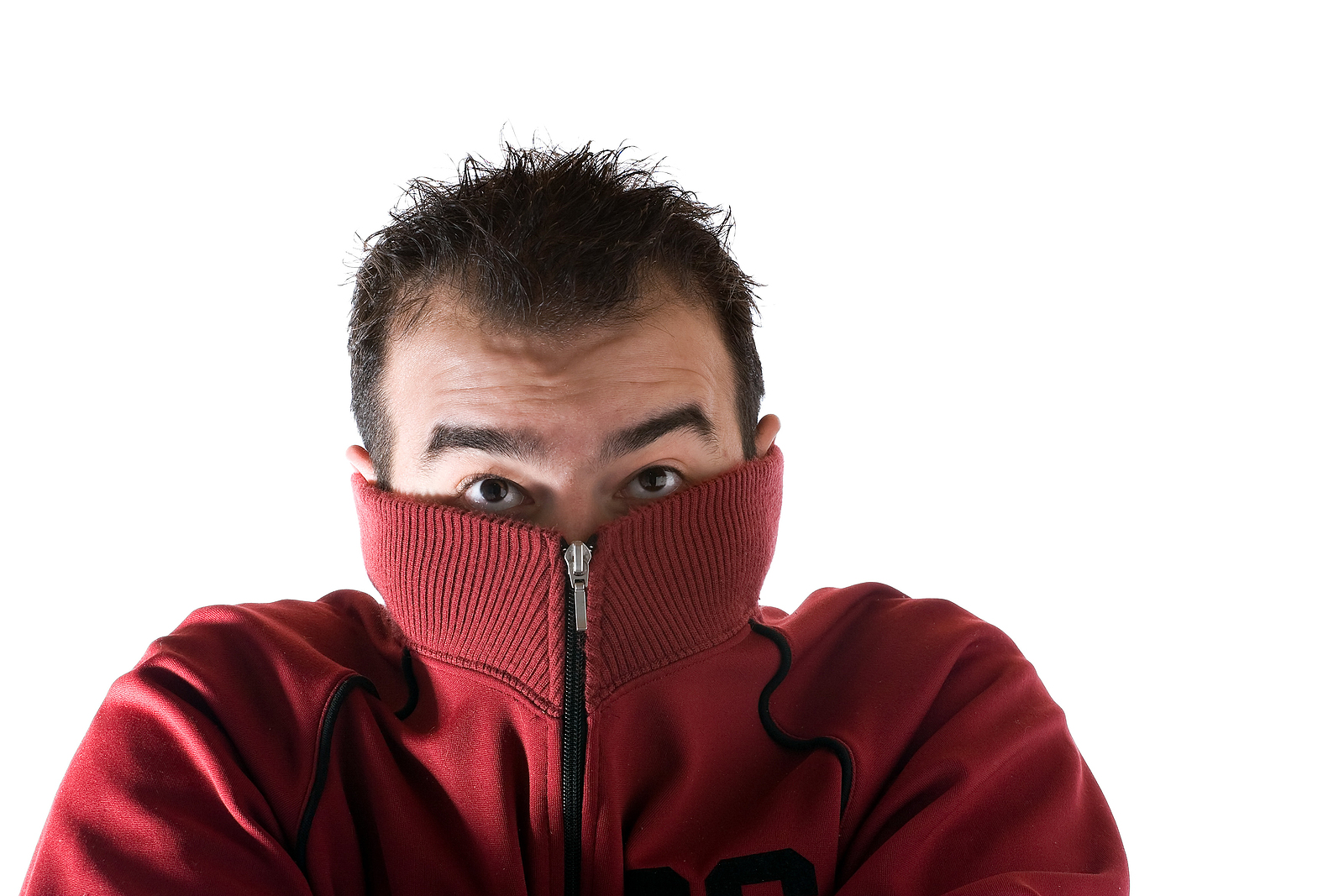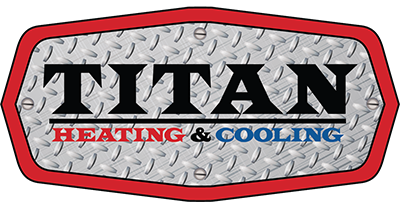
5 of the Most Common Winter HVAC Problems and How To Avoid Them
There’s nothing like coming home to a warm house after being out in the cold. But it’s hard to keep your home warm and comfortable if your HVAC system isn’t working properly.
Luckily, many common winter HVAC problems can be prevented by learning more about them and implementing proper maintenance and care of your heating system.
1. Frozen Pipes
Frozen pipes are a common problem when temperatures begin to drop. Cold weather can freeze water inside pipes and coils, causing hot water heaters and steam radiators to fail. Even worse, frozen water can expand inside pipes, causing them to burst from the pressure buildup.
Properly insulating exposed pipes with foam insulation (especially those near external walls) and maintaining indoor temperatures above 55 degrees can help keep your pipes from freezing.
2. Uneven Heating
If you notice that some rooms are colder than others, it could be a sign of something as simple as air leaks around windows and doors caused by insufficient insulation, cracks, or holes. Or it could be that your registers aren’t fully open (an easy thing to check if you are experiencing this issue).
Alternatively, it could indicate a problem with your HVAC system. Uneven heating can be caused by a number of issues with your heating system, including a malfunctioning blower motor, a dirty air filter, or clogged ductwork.
If you are experiencing uneven heating in your home, check your air filter and have your system inspected and your vents and ducts cleaned out properly. Learn more about Titan’s air duct cleaning services here.
3. Dirty HVAC Filter
If your HVAC system uses a forced air furnace or heat pump, it’s vital to ensure your air filter stays clean to keep your system functioning properly and to prevent bigger issues with your heating system.
Your air filter keeps dust out of your heating unit so it can run efficiently. As the air filter becomes clogged with dust, dirt, or debris, air can no longer flow freely through the unit. Blockages can lead to decreased air flow, requiring your HVAC system to work harder to keep your home warm.
Get in the habit of checking your air filter monthly, replacing it as needed. During the heating season, you may need to change it as often as once a month; in warmer months you may be able to go as long as three months before replacing it.
4. Faulty Heat Pump
If your system has an exterior heat pump, winter weather can damage it, leading to broken fan motors, coil blockages, and a failure to defrost. If the coils and fan are not kept clear of ice, your heat pump won’t function properly. Make sure your heat pump has automatic defrost settings to keep thick layers of ice from building up.
5. Broken Thermostat
Your thermostat is what regulates your heating system. If it isn’t functioning properly, your HVAC system won’t work as well as it should. A faulty thermostat can result in a wide variety of HVAC issues, including irregular heat cycling, uneven heating, and more.
Thermostat failure can be caused by faulty wiring or dying batteries. Or it may just need to be recalibrated. Older, worn out models may have run their course and need to be replaced.
Replacing your old thermostat with a new programmable one will improve your energy efficiency, save on heating costs, and allow for more precise temperature control for improved comfort.
Avoid These Common Winter HVAC Problems With Help From Titan
To prevent these and other common winter HVAC problems, consider an HVAC maintenance plan from Titan. Routine HVAC maintenance can improve heating system efficiency, reduce operating costs, increase the lifespan of your equipment, and improve the quality of your indoor air. Plus, with one of our maintenance plans, if your equipment fails, you’ll receive priority service every time.
To get started with an HVAC maintenance plan, contact the team at Titan today.


